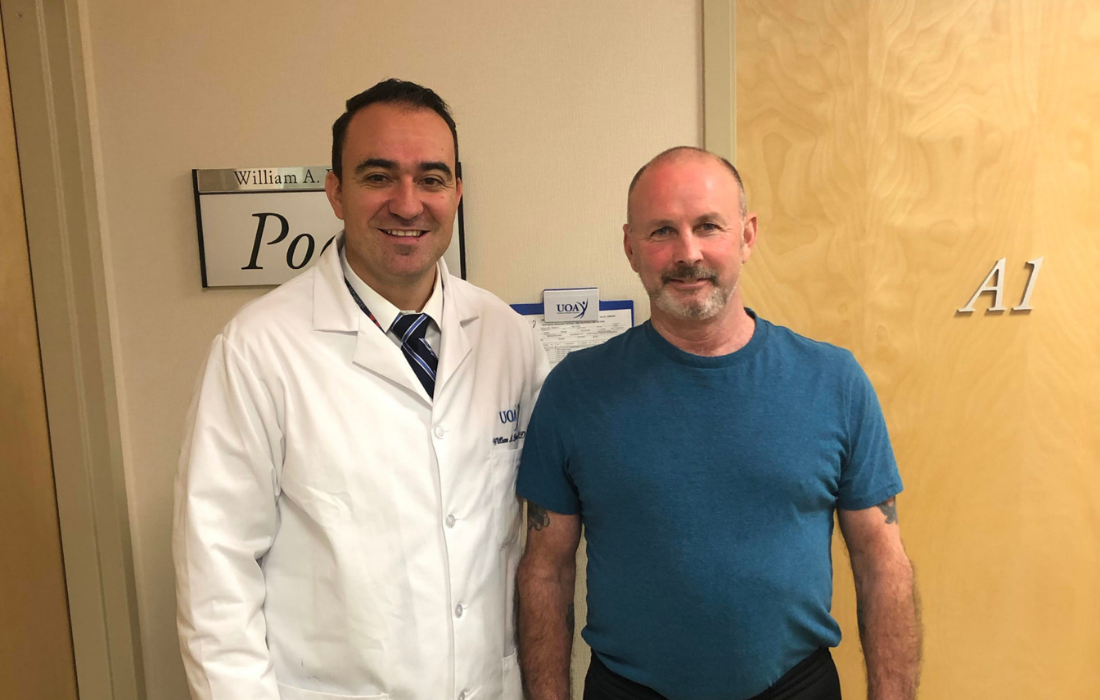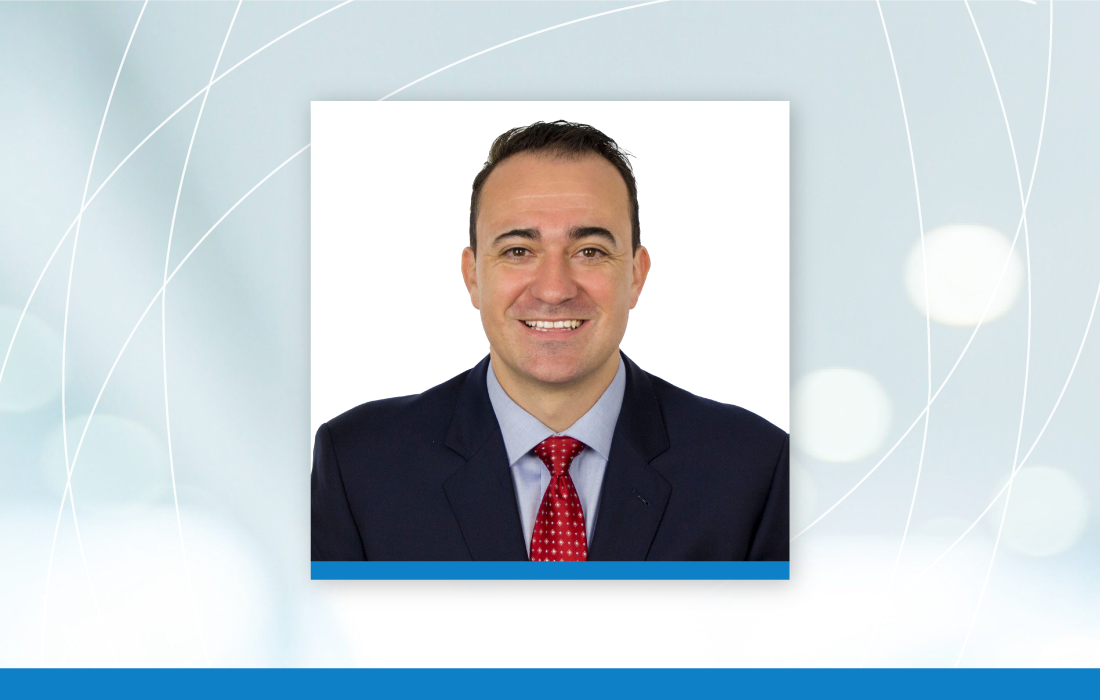Partial knee replacement, also known as unicompartmental knee replacement, is a common treatment for osteoarthritis of the knee. The goal of treatment is to reduce your knee pain, increase your mobility and boost your quality of life.
Here’s how partial knee replacement is performed and how to request an appointment with University Orthopaedic Associates to find out whether you’re a candidate for this procedure.
What Is Partial Knee Replacement?
Partial knee replacement is a surgical procedure in which only part of a damaged knee is replaced versus the entire knee joint (known as total knee replacement). This surgery may involve replacing the inside part of the knee, the outside part of the knee or the kneecap. Generally, all damaged bone and tissues are removed from the knee joint and replaced with artificial implants while the remainder of the knee is preserved.
This procedure is typically used to treat severe or advanced osteoarthritis of the knee. It may be recommended in cases where knee arthritis does not respond to nonsurgical treatments.
How Is Partial Knee Replacement Performed?
Partial knee replacement surgery takes between one and two hours to perform. It may be done under general anesthesia or with a combination of sedatives and regional anesthesia that numbs the lower body.
First, your orthopaedic surgeon will make a three to five-inch incision across your knee. Then, the damaged bone and tissues are removed from the affected part of the knee. Next, artificial implants are placed in the knee and secured to adjacent bone, and a plastic spacer is inserted to create a smooth gliding surface in the joint. Lastly, your incision is closed, and you will be moved to a recovery room for observation.
Many patients who receive partial knee replacement can go home on the same day of surgery, though an overnight hospitalization may be needed in some instances.
When Is Partial Knee Replacement Necessary?
Partial knee replacement may be recommended if your arthritic pain is extremely severe and interfering with your ability to sleep and perform daily activities. It may also be recommended if your knee pain is limiting your mobility or if your symptoms have not improved with nonsurgical treatments.
Who Are Ideal Candidates?
You may be an ideal candidate for partial knee replacement if your arthritis is affecting only one part or side of the knee and your condition has not responded to other treatments.
Other eligibility criteria for this procedure may include:
- Not being clinically obese (must have a body mass index of 39 or below)
- Having intact and stable knee ligaments
- Having good range of motion
- Having no major knee deformities, such as knock-knee
If you’re still unsure whether partial knee replacement is right for you, an orthopaedic surgeon specializing in joint replacement surgery can perform an exam, review your medical history and talk to you in greater detail about your treatment options.
What Is Recovery Like?
Total recovery from partial knee replacement usually takes a few months, though you may be able to resume most of your usual activities within six weeks. The recovery timeline is different for everyone based on factors including age, activity level and general health status.
Pain is normal following partial knee replacement, and it can be managed using over-the-counter pain relievers or prescription opioids. You can put full weight on your knee right away following surgery, though your surgeon may advise keeping it elevated as much as possible and applying ice for 20 minutes at a time.
Physical therapy is usually recommended for two to three months after surgery, along with low-impact activities such as walking, swimming and cycling. Your orthopaedic surgeon can work with you to develop a customized treatment plan based on your health status and lifestyle.
University Orthopaedic Associates offers a full range of orthopaedic services, including joint replacement. Contact the joint replacement surgeons at UOA today at (732) 537-0909 to request an appointment if you have a joint condition that requires surgery.




